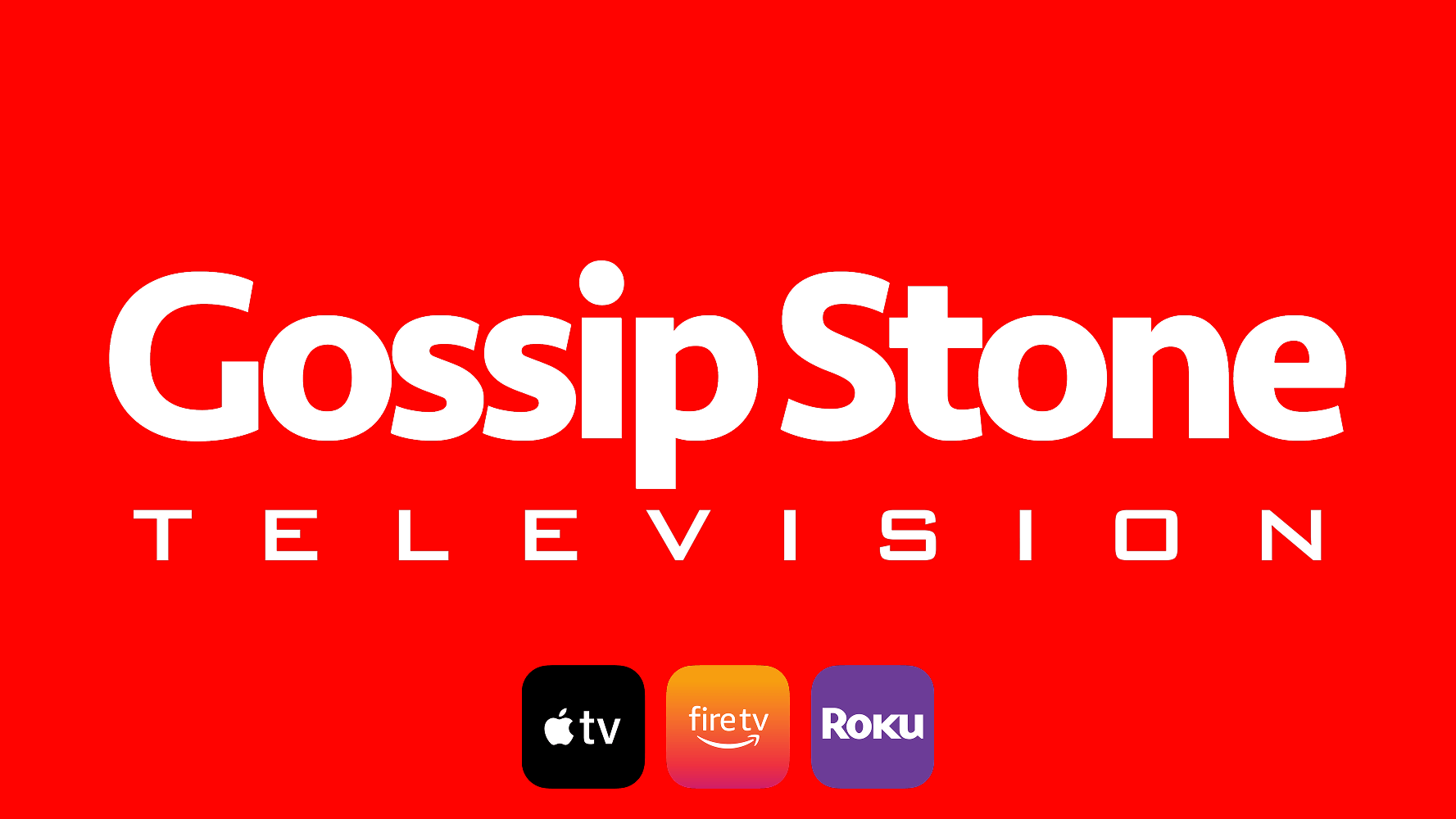Introduction: The Rise of Online Education and the Need for Strategic Marketing
The global online education market is projected to reach $585.48 billion by 2027, driven by technological advancements and shifting learner preferences. In this hyper-competitive landscape, online education marketing is no longer optional—it’s essential. Whether you’re an edtech startup, a university offering online degrees, or a corporate training platform, a robust digital marketing strategyensures visibility, engagement, and growth.
This comprehensive guide explores how to leverage digital marketing campaigns, content marketing, social media platforms, and more to attract your target audience, dominate search engine results, and amplify brand awareness. We’ll also highlight the critical role of global media presence and share actionable insights backed by data. Let’s dive in.
Chapter 1: Understanding the Digital Marketing Landscape for Online Education

The digital marketing landscape for education is evolving rapidly. With 63% of learners researching courses on search engines like Google, optimizing your online marketing strategies is non-negotiable.
1.1 Why Digital Marketing Campaigns Matter
Effective digital marketing campaigns combine paid advertising, email marketing, and influencer marketing to create a cohesive outreach plan. For instance:
Google Ads can target high-intent keywords like “best online MBA programs.”
Social media marketing on platforms like LinkedIn and Instagram engages professionals seeking skill development.
Influencer marketing partnerships with industry experts build credibility.
Key Takeaway: A multi-channel approach ensures you meet your target audience where they are.
1.2 The Role of Search Engine Optimization (SEO)
Search engine optimization is the backbone of organic growth. Optimize for keywords like “online education marketing” and “digital marketing strategy” to rank higher. Tools like Ahrefs or SEMrush can identify gaps in your content marketing strategy.
Chapter 2: Building a Winning Marketing Strategy

Your marketing strategy must align with institutional goals. Let’s break down core components.
2.1 Defining Your Target Audience
Who are you trying to reach?
Working professionals seeking certifications.
Parents researching K-12 online programs.
Corporations investing in employee training.
Use social media channels like Facebook Audience Insights to refine demographics.
2.2 Content Marketing: Educate and Engage
Content marketing drives 3x more leads than traditional tactics. Examples:
Blog posts: “Top 10 Digital Marketing Courses in 2024.”
Webinars: “How to Master Google Ads for Educational Institutions.”
Case studies: Highlighting your 500+ successful campaigns (like those at VUGA Media Group).
Pro Tip: Repurpose content across social media networks to maximize reach.
Chapter 3: Leveraging Social Media Platforms
Social media marketing isn’t just about posting—it’s about fostering customer engagement.
3.1 Choosing the Right Social Media Channels
LinkedIn: Ideal for B2B outreach and professional courses.
Instagram: Showcase student testimonials with visuals.
YouTube: Host free mini-lectures to demonstrate value.
3.2 Paid Advertising on Social Media
Allocate budget to paid advertising campaigns targeting:
Parents in specific regions.
Professionals aged 25–45 interested in upskilling.
Chapter 4: Email Marketing and Customer Retention
Email marketing boasts a 4400% ROI, making it critical for nurturing leads.
4.1 Crafting High-Converting Emails
Subject lines: “Enroll Now: 50% Off Digital Marketing Certification!”
Personalization: Use the recipient’s name and past behavior data.
4.2 Automating Workflows
Tools like Mailchimp automate reminders for abandoned carts (e.g., unpaid course registrations).
Chapter 5: The Power of Global Media Presence

Being featured in global press (e.g., Forbes, BBC, or Times Higher Education) elevates credibility.
5.1 How to Get Media Coverage
Pitch success stories: “How University X Increased Enrollment by 200% Using Our Digital Strategy.”
Leverage HARO (Help a Reporter Out) to connect with journalists.
5.2 Case Study: VUGA Media Group’s Expertise
With 500+ successful campaigns, VUGA Media Group has secured placements in top-tier media for clients, driving 300% more organic traffic.
Chapter 6: Measuring Success and Optimizing Campaigns
Track KPIs like:
Search engine results rankings for target keywords.
Customer engagement rates on social media.
Conversion rates from email marketing campaigns.
Tools like Google Analytics and HubSpot provide actionable insights.
Conclusion: Dominate Online Education Marketing with VUGA Media Group
The fusion of digital marketing, content marketing strategy, and global media outreach is key to thriving in online education. By leveraging social media platforms, search engine optimization, and data-driven tactics, institutions can attract and retain learners worldwide.
Ready to Transform Your Strategy?
With over 500 successful campaigns, VUGA Media Group specializes in online education marketing that delivers results. Visit our website to learn how we can amplify your brand’s reach.
Sources:
Statista. Global Online Education Market Size. https://www.statista.com/statistics/1133104/global-online-education-market-size/





